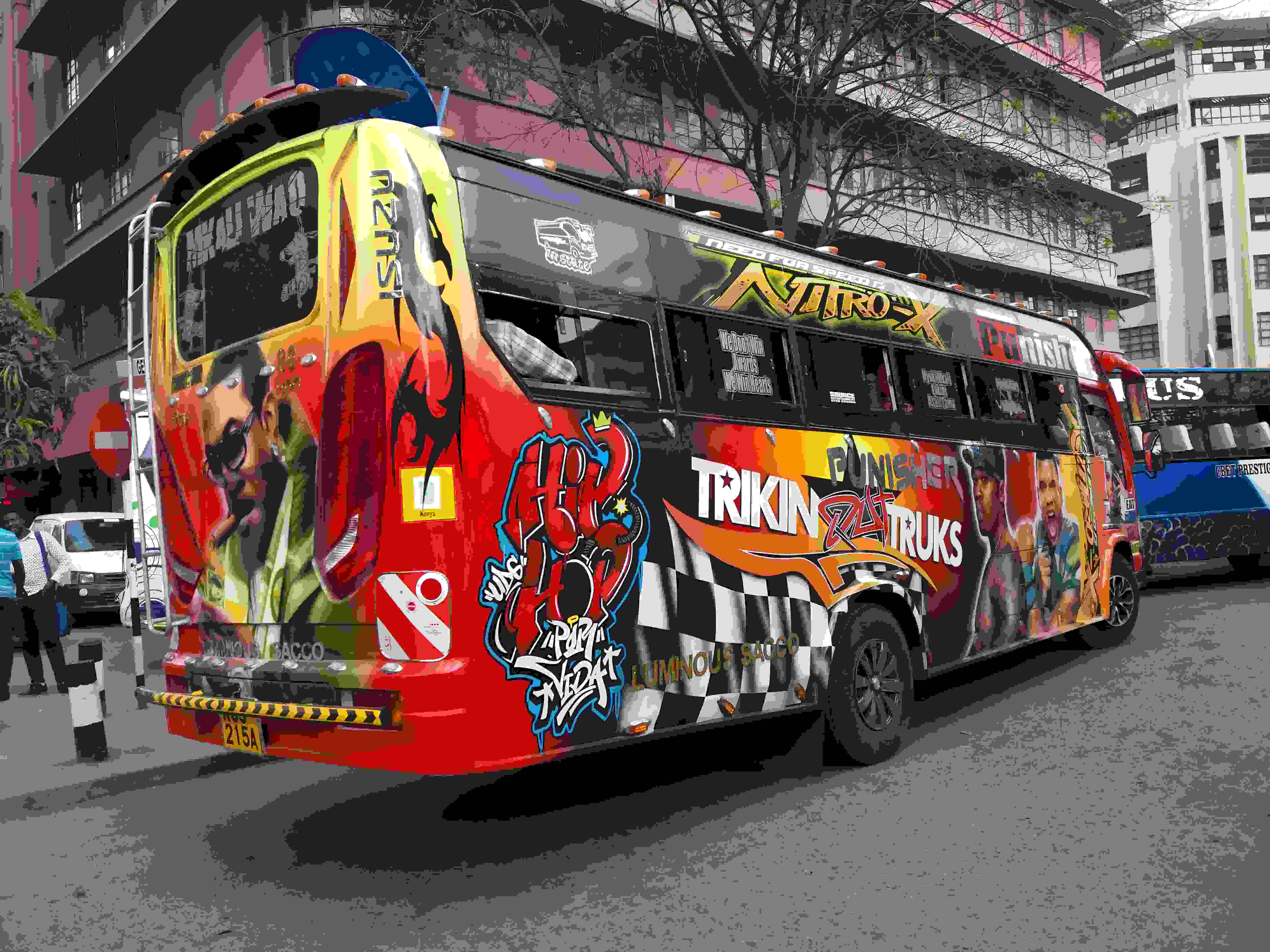Matatu operators push for policy reforms to stabilize public transport sector

One key area of concern raised by operators is the role of the Nairobi Metropolitan Area Transport Authority (NaMATA).
Kenya’s public transport industry is struggling with a lack of regulation and planning, leaving operators and investors uncertain about the future.
In a new statement, the Federation of Public Transport Sector, representing all associations in the matatu industry, expressed concerns about the state of the sector.
According to Edwin Mukabanah, the federation’s chair, the lack of a clear national transport master plan is causing chaos in Nairobi’s matatu operations.
The situation is dire, with matatus dominating the roads, often driving recklessly, blasting loud music, and displaying graffiti.
Mukabanah highlighted that the competition for passengers, often leading to clashes between rival crews, has become a routine part of life at the bus terminus.
This chaos is exacerbated by the government’s failure to regulate the sector, leaving operators to deal with an unstable environment.
"The government has failed to streamline the sector, which has led to more chaos on our roads," Mukabanah told the National Assembly Transport Committee.
He also pointed out that while Nairobi’s matatu industry transports over six million passengers daily, it faces numerous risks that discourage investors.
Despite the over Sh70 billion invested, the lack of a long-term vision for the sector is hindering its potential growth.
Mukabanah stressed the importance of adopting international transport models like gross-cost contracts, where operators are paid a fixed fee regardless of the revenue generated.
He believes this would allow public transport operators to work without destructive competition and create more stability in the sector.
He added that Kenya’s approach, which has too many vehicles competing for fewer passengers, is dangerous and contributing to the many accidents and traffic jams seen in the city.
The Federation is now pushing for a comprehensive national transport master plan that would guide investments and provide long-term stability for public transport operators.
Mukabanah suggested that such a plan would give investors the confidence to make long-term commitments, such as purchasing buses that would operate for 10 to 15 years.
Currently, operators are burdened by short-term licenses issued by the National Transport and Safety Authority (NTSA), which last only one year.
This system, according to Mukabanah, creates instability and prevents operators from hiring permanent staff or investing in infrastructure.
He called for the introduction of longer-term permits, similar to those in other countries, where operators are given 10- to 12-year licenses to allow for better planning and investment.
The Federation’s proposed solutions also include the accreditation of matatu operators by government-approved institutions.
Mukabanah compared this to the training programs for professionals in other sectors like health, aviation, and marine, where government institutions ensure that only qualified individuals are involved in critical industries.
One key area of concern raised by operators is the role of the Nairobi Metropolitan Area Transport Authority (NaMATA).
Currently operating under an executive order, NaMATA coordinates transport across Nairobi and its neighboring counties.
The Federation believes that NaMATA should be given a stronger legal foundation to ensure better coordination and more effective regulation of public transport.
In response, members of the Parliamentary Transport Committee acknowledged the challenges in the sector but emphasized the need for a collaborative approach to resolve them.
"This is a discussion that will require a multi-stakeholder approach," said Transport Committee Chair George Kariuki.
"We will convene in June with all involved parties to address these concerns."
